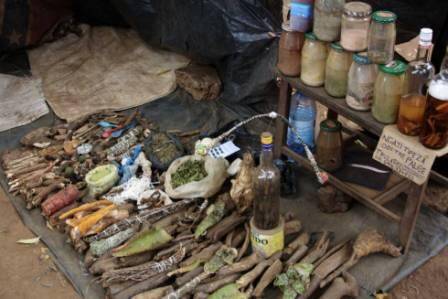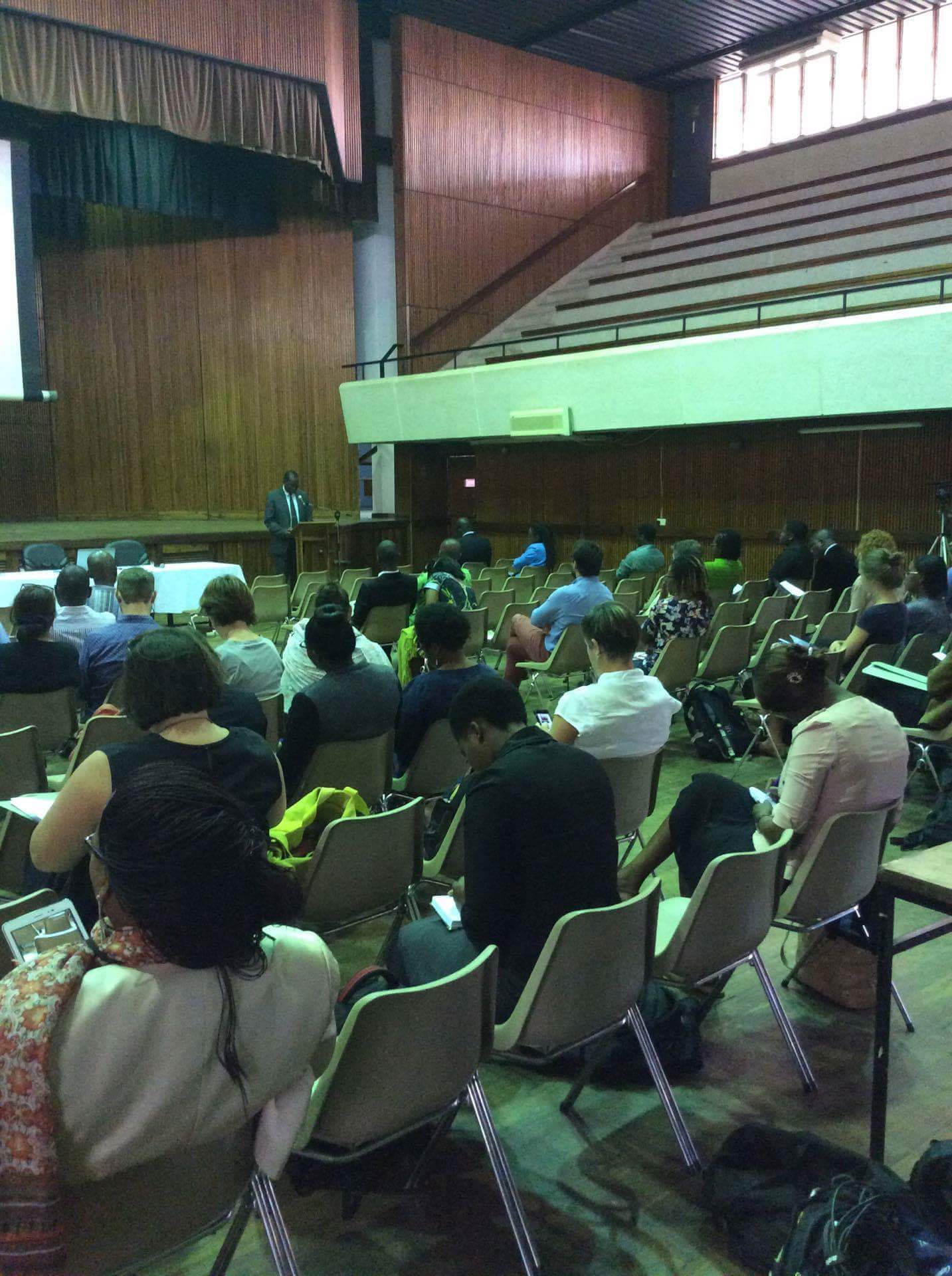
Experts have called for the integration of traditional medicine and western ways of healing in Malawi.
The call comes in the knowledge that Africans are well known to have indigenous ways for curing diseases which is different from orthodox healing which originated from western countries.

From a scientific point of view, diseases are among others caused by germs while in African context through beliefs diseases can also be caused by evil supernatural powers.
The healing process is also said to differ as indigenous medicine has a way to be administered to patients compared to medicines from the laboratory.
For instance, indigenous medicine can demand one to take a bath with herbs for a patient to be healed.
Among the Tumbuka tribe from northern Malawi, Vimbuza dance is performed for healing to overcome traumatic experiences.
Patients who suffer from various forms of mental illness are treated for some weeks by renowned healers who run a Temphiri, a village house where patients are accommodated.
After the diagnosis has been made, patients undergo a specific healing ritual through trance, and singing particular songs in which helping spirits are called.

By becoming possessed by Vimbuza spirits, people who have experienced mental harm could express this in a way that was accepted and understood by the surrounding society.
While appreciating the role of indigenous medicine in African context, a Chancellor College based academician Professor Alfred Mtenje feels there is need to combine both types of medicine in Africa.
“As Africans we have a lot of philosophical issues and thinking about what cause disease, some of these are different from scientific perspective. Our belief system sometimes attribute to certain aspects of causes of disease for example we believe in witchcraft, some food that is not supposed to be taken.
“Our language, poetry, music, drama games, all these have impacts on medicine,” said Mtenje.
Concurring with Mtenje, a social historian and medical practitioner Doctor John Lwanda disclosed the need to integrate orthodox medicine and indigenous medicine also known as traditional.
“It is hard to treat someone who is sick to get cured with orthodox medicine as psychological part also plays a role in the healing process” Lwanda.
He added that there is need to have “patients’ voice” in integrating the two medicines to be effective to Africans.
Meanwhile, academicians have converged for international medical humanities conference at Chancellor College in Zomba under the theme Medical Humanities in an African context.
The three day conference currently underway in Zomba, offers a formal space to further understanding of how illness, well-being, medicine and treatment intersect with the arts and humanities and to encourage discussions about what these concepts mean in an African context.














